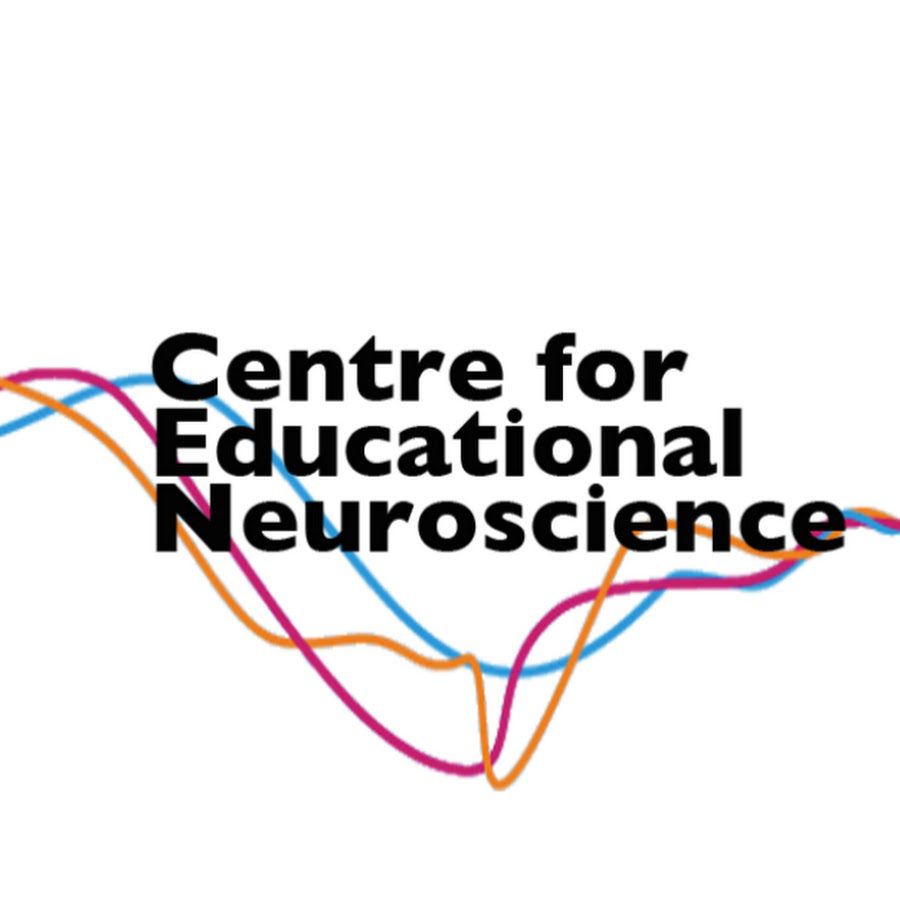
What does science tell us about how exercise impacts the brain? Join us on a journey to understand how physical activity can support brain health throughout the lifespan of a human being. Movement matters! And it doesn’t need to be strenuous. In this talk, we will touch on how we can best use various forms […]

Autism and ADHD are often associated with difficulties with Executive Functions (EFs) in childhood and adulthood, but due to measurement challenges, the prevalence and nature of these difficulties in early development is not well understood. Potential strengths have also been overlooked. In this talk I will describe the measures that colleagues and I have developed […]

Early cognitive development, a substantial predictor of future success in mathematical education and career choices, encompasses complex mechanisms that warrant examination as a whole, rather than in isolation. Notably, affective mechanisms, vital in identifying and interpreting threat and challenge, evolve in conjunction with executive abilities during crucial early childhood stages, laying the groundwork for subsequent […]

Academic difficulties in reading and mathematics are influenced by a combination of domain-specific and domain-general cognitive factors. However, the heterogeneity of cognitive profiles among struggling learners remains poorly understood. In this talk, I will present a study that employed Latent Profile Analysis (LPA), to (1) determine whether distinct cognitive profiles exist among poor readers and […]

Emotionally Based School Avoidance (EBSA) captures a range of behaviours reflecting a young person’s reduced or non-attendance at school. EBSA not only captures those who do not attend school completely but also those who are not going into classrooms, are not staying in classrooms, are not attending some lessons, or are avoiding particular places or […]

Challenges in establishing ‘what works’ to improve outcomes for struggling students in education have persisted despite decades of interest. As part of this, there is currently no evidence for the efficacy or effectiveness of the majority of educational interventions taking place in schools (Pegram et al., 2022). In this presentation, Astrid will discuss some of […]

This talk is part of a webinar series from the Centre for Educational Neuroscience at UCL, Birkbeck University and the UCL IoE. You can register here to receive weekly updates about the seminar series. Developmental Coordination Disorder (DCD, or dyspraxia) is a congenital motor skills disorder impacting around 5-6% of school-age children, often leading to […]

This talk is part of a webinar series from the Centre for Educational Neuroscience at UCL, Birkbeck University and the UCL IoE. You can register here to receive weekly updates about the seminar series. In this talk ‘Visual Discomfort’ refers to the aversive responses reported by susceptible individuals when viewing specific visual stimuli such as […]

The development of mathematical skills is intrinsically connected to different domain-specific and domain-general cognitive abilities. Domain-specific abilities encompass mental processes that are unique to a particular domain. In the case of mathematics, the symbolic understanding of numerical quantities and numerical order—the number of elements within a set and the sequence of numbers respectively—form a crucial […]

Supporting children’s language and literacy learning environment in disadvantaged households in the United States: Challenges and opportunities Children’s early learning experiences set the stage for later language trajectories and school success. In this talk, Dr. Luo will present findings on children’s language and literacy experiences in families from U.S. low-income, language-minority backgrounds. Specifically, the talk […]

A webinar presented by Centre for Educational Neuroscience. Speaker: Dr Noam Sagiv, Brunel University

Abstract: There are comprehensive neuro-cognitive models of language processing in the adult brain, but we do not understand how language develops and what determines variability in skill. Our work attempts to determine the nature of specialization for phonology, semantics and syntax in the temporal and frontal cortices in 5- to 9-year-old children. We are testing Interactive […]

Abstract: Many ask why the fields of Educational Neuroscience and Mind, Brain, and Education have not advanced more rapidly into professional development circles. Since the inception of Mind, Brain, and Education science in 2003 and the Society founding in 2007, thousands of teachers have participated in conferences like IMBES, Learning & the Brain, EARLI’s SIG 22 […]

At this week’s CEN seminar, Dr Jack Andrews will be discussing their work on evaluating universal school-based interventions for mental health. Evaluating universal school-based interventions for mental health Dr Jack Andrews, University of Oxford

Developmental dyscalculia (DD) is a math-specific learning difficulty that is believed to be a multi-cause condition. Former measurements found that typically developing adults and children process place-value number notations (such as the Arabic numbers) harder than sign-value notations (such as the Roman numbers) in simple mathematical tasks. Computational considerations suggest that place-value notation processing requires […]


